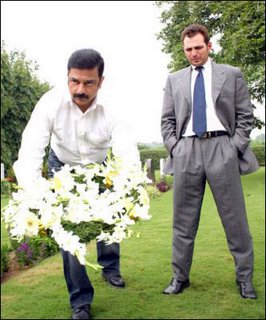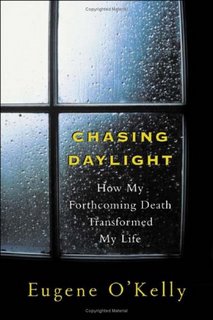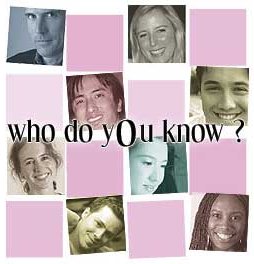
Sometime ago, I started to get this feeling that
Kollywood has stopped in time, from somewhere around 2002.
I was tired of illiterate, half-educated, half-grown heroes with half-baked features giving lectures about life, love, women and how they should live, success in life etc. I was even more tired of heroes who got where they are not by virtue of talent but by their father’s talent.
But thanks to some directors, not everything seems to be doomed.
Gautham Menon belongs to the club of few rational, talented, thinking big kinda directors – the club that includes the likes of Mani Rathnam.
All I wanted out of Kollywood was someone to think ‘big’. I was sick of the standard love oriented themes full of hypocrisy. Decades and decades of gaunt-looking heroes thrashing out bad guys, heroines that came in as a commodity, bad guys who were spoilers, and, worst of all, so-called heroes spewing out third-rated philosophies in the name of virtues, just had to stop. Moving backward in time simply had to end.
In that sense, Menon definitely seems to a good bet. Vettayaadu Vilayaadu might not be the bestest film you’ll see this year, but it’s certainly a must watch. It’s got imagination and vividness. In today’s age where people travel frequently between continents, a cop story spanning across continents is intelligent thinking. Best of all, some of the conversations were a joy to watch - they simply sounded like ones spoken between educated people brought up in a cultured way; conversations that seem to be a rare commodity in contemporary movies. Some of the reviews state the background music was intrusive – like the
one below from rediff, but I disagree. The songs might not be great, but the background music
was good.
But the most disappointing part is the music. Mr Harris Jayaraj, what has happened to you? The music, which could have taken the movie to a different level, is so loud that it seriously hinders the story flow.
Vettayadu Vilayadu might sometimes seem to be a blend of
Kaaka Kaaka (for the story base),
Silence of the Lambs (for mystery-solving) and
Hannibal (for the gore), but it does stand out tall among the numerous ‘also-rans’ of these days. It certainly caters to the up-market city crowd that is tired of cheap, small town oriented, conservative themes that would rather have released in 1960s. It might not even be a great hit – simply because it’s sometimes too urban centric and too bold in picturization and language that it might put off the mass.
To sum up, thanks to people like Menon, Kollywood might not be entirely doomed after all.





